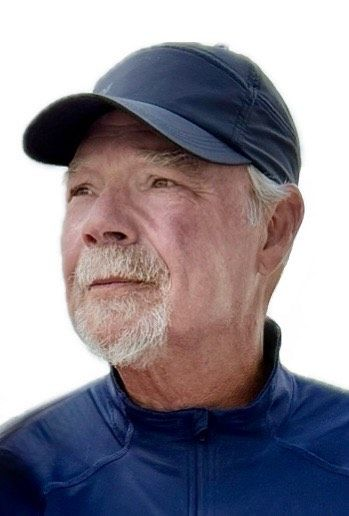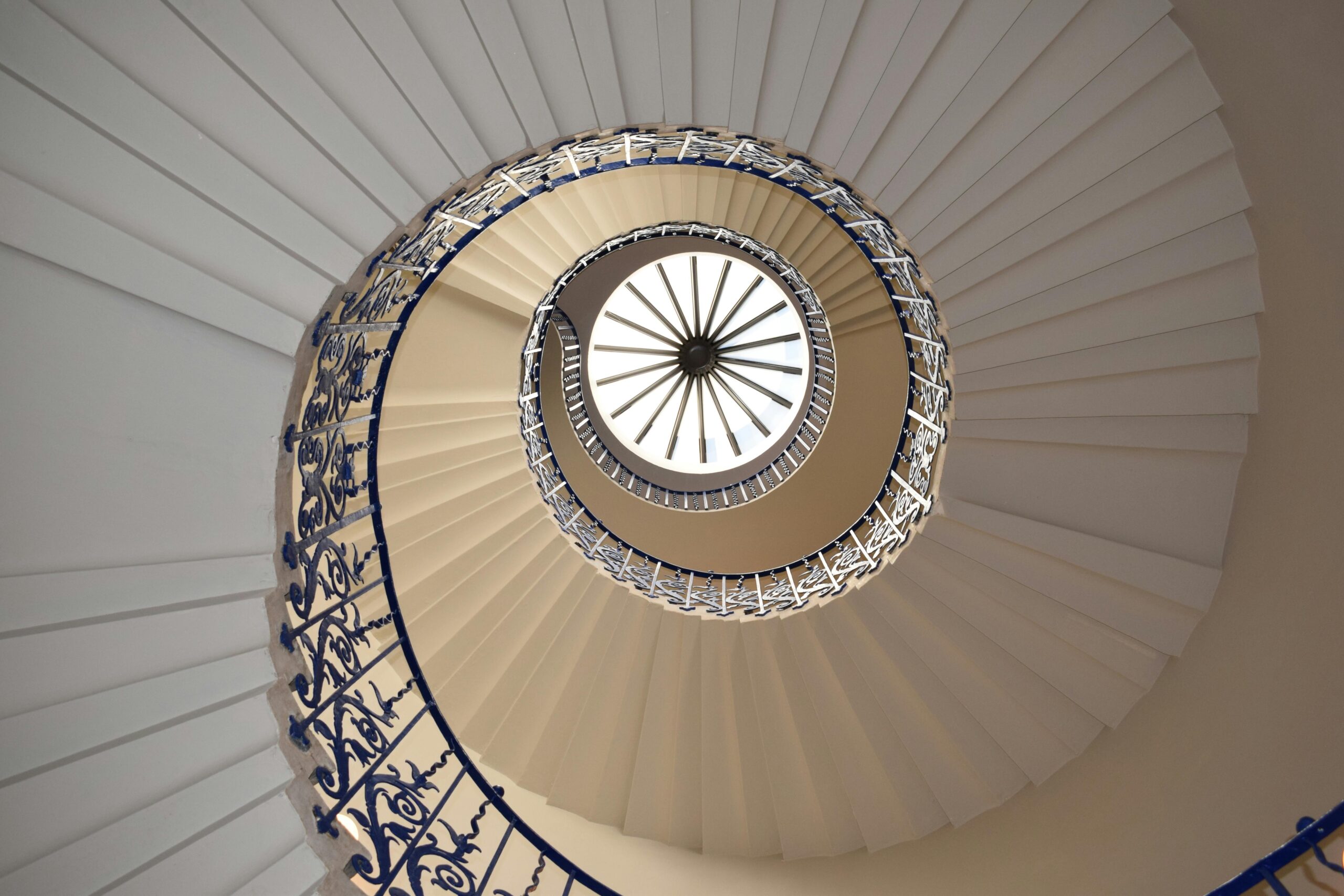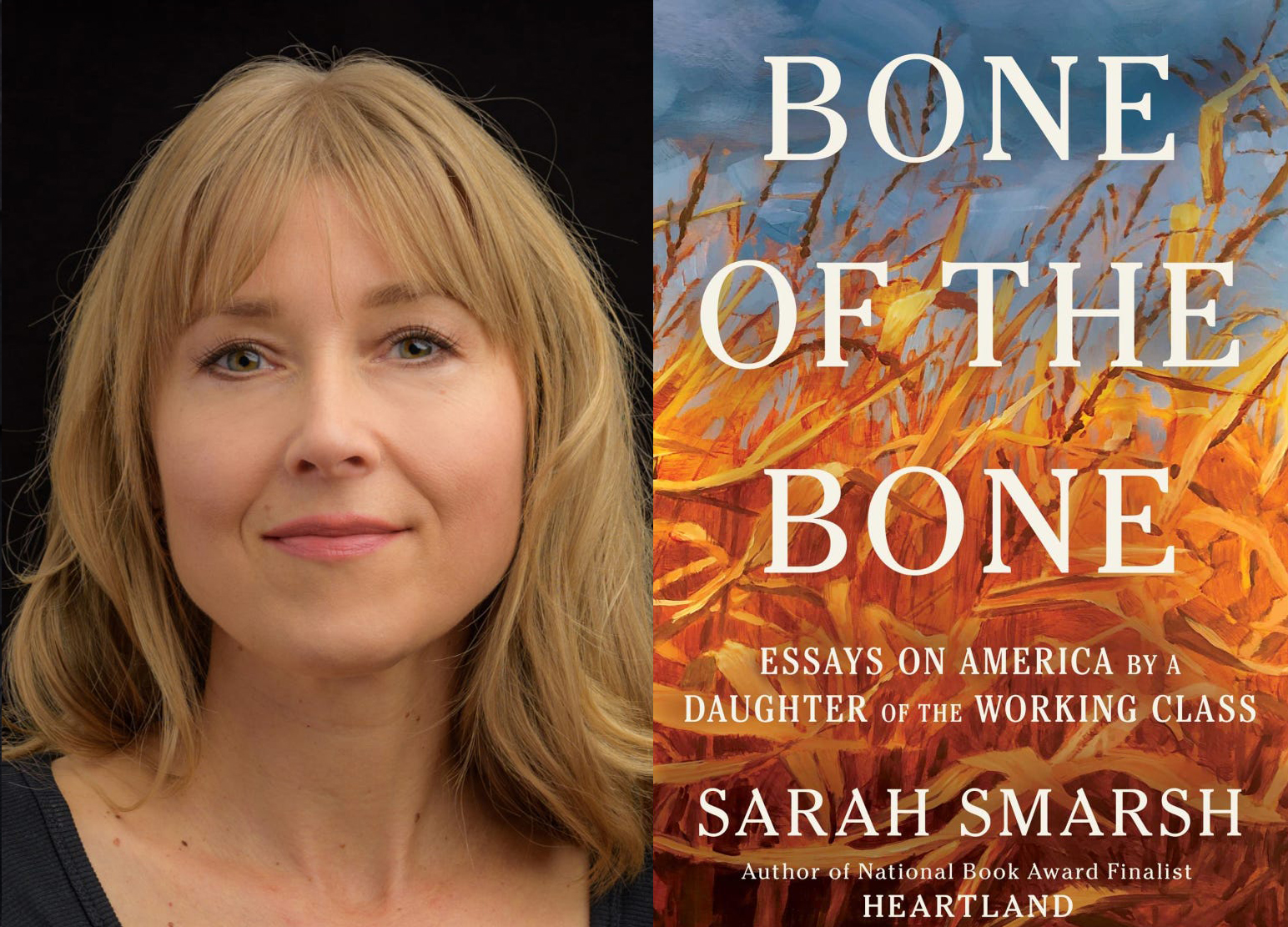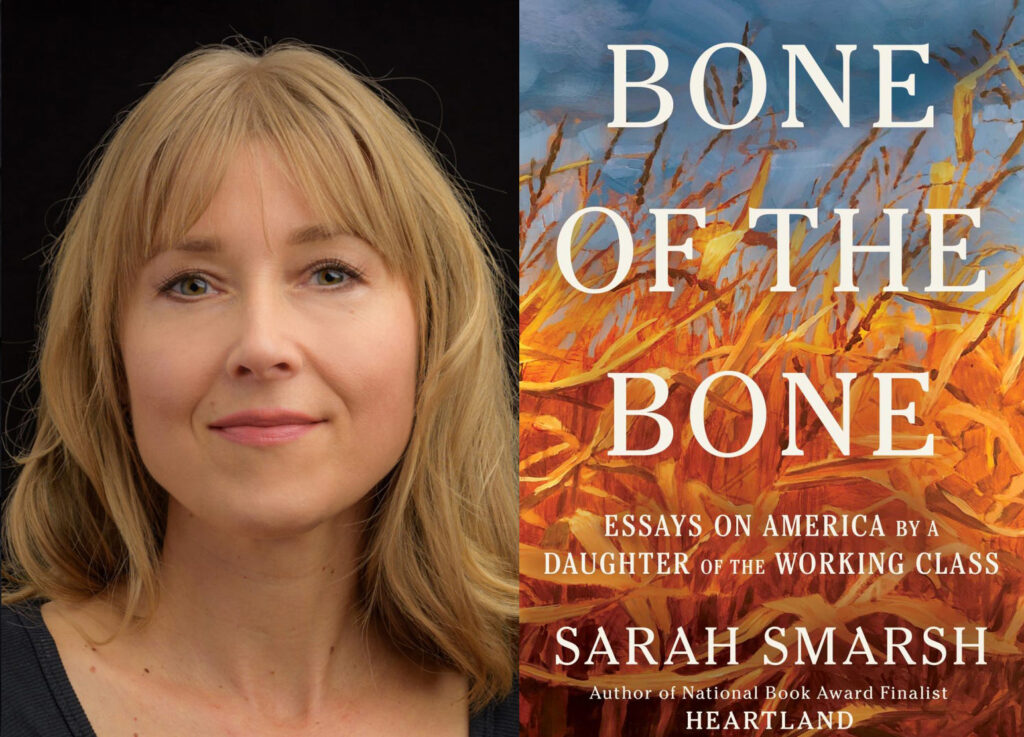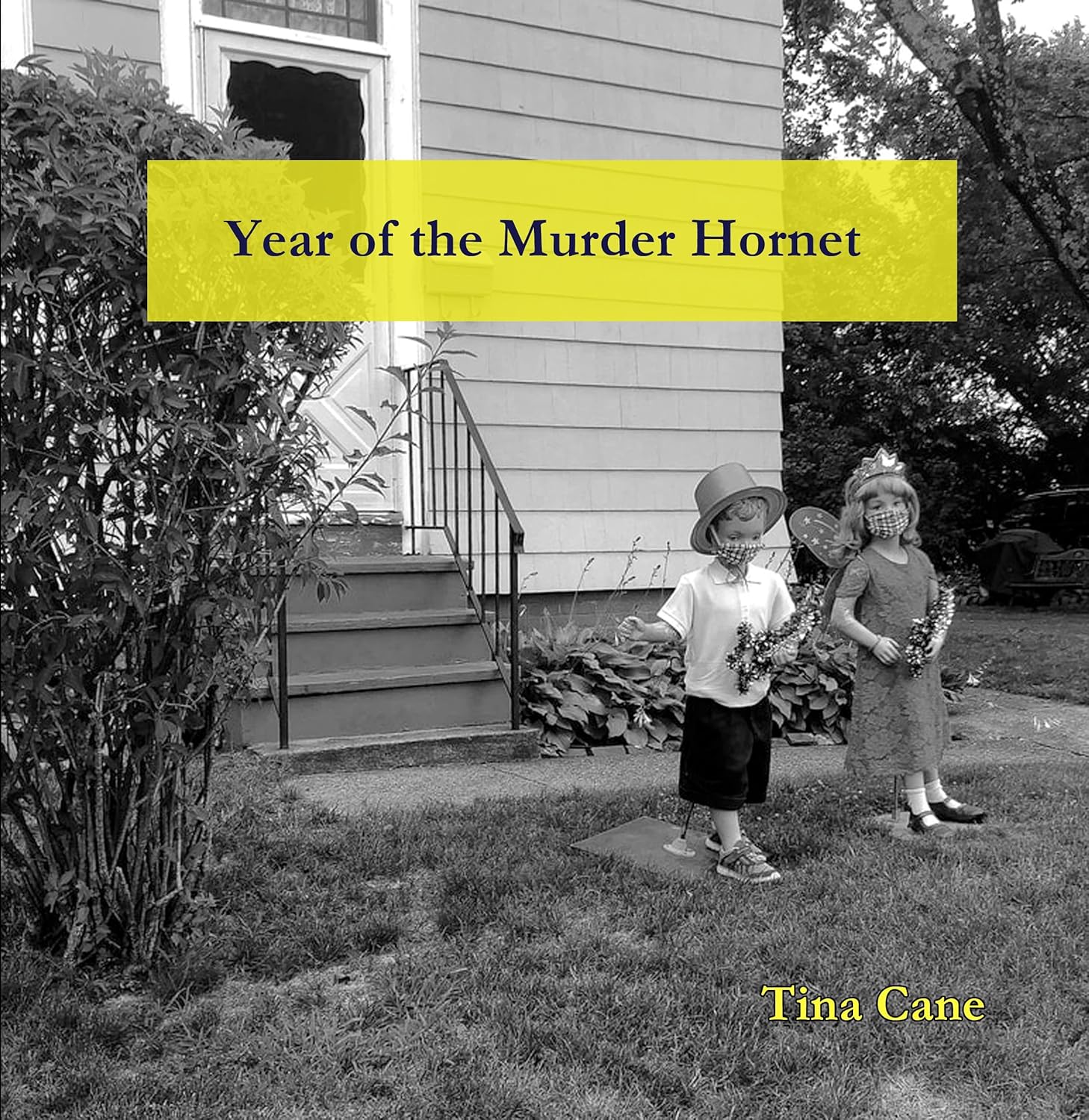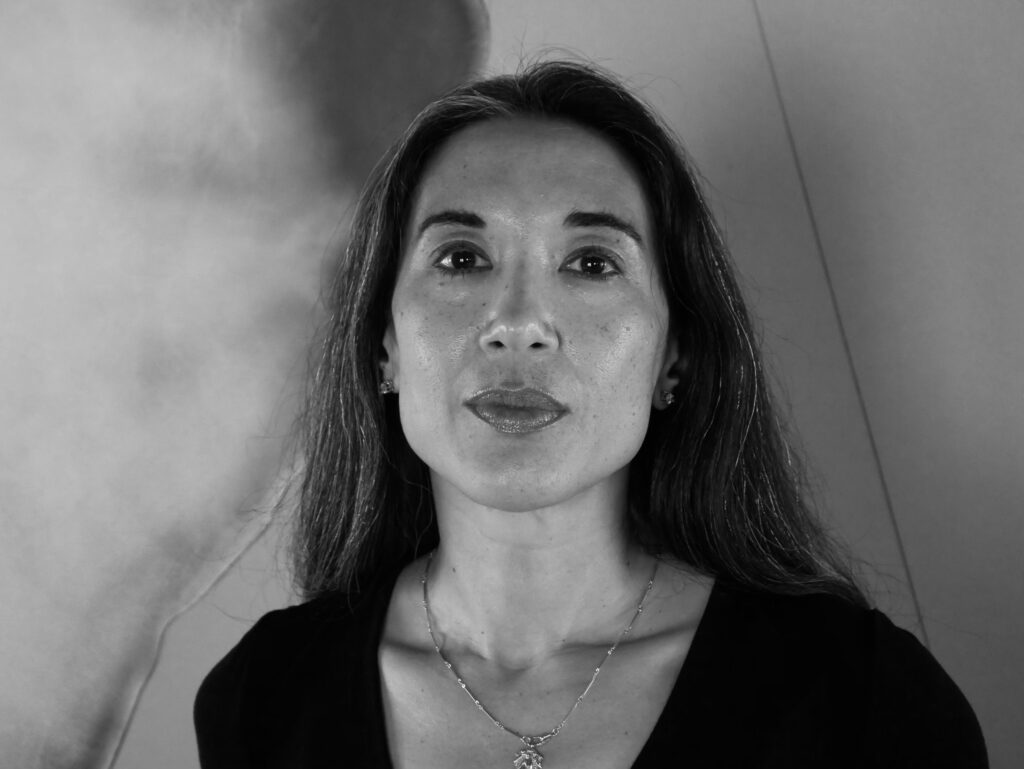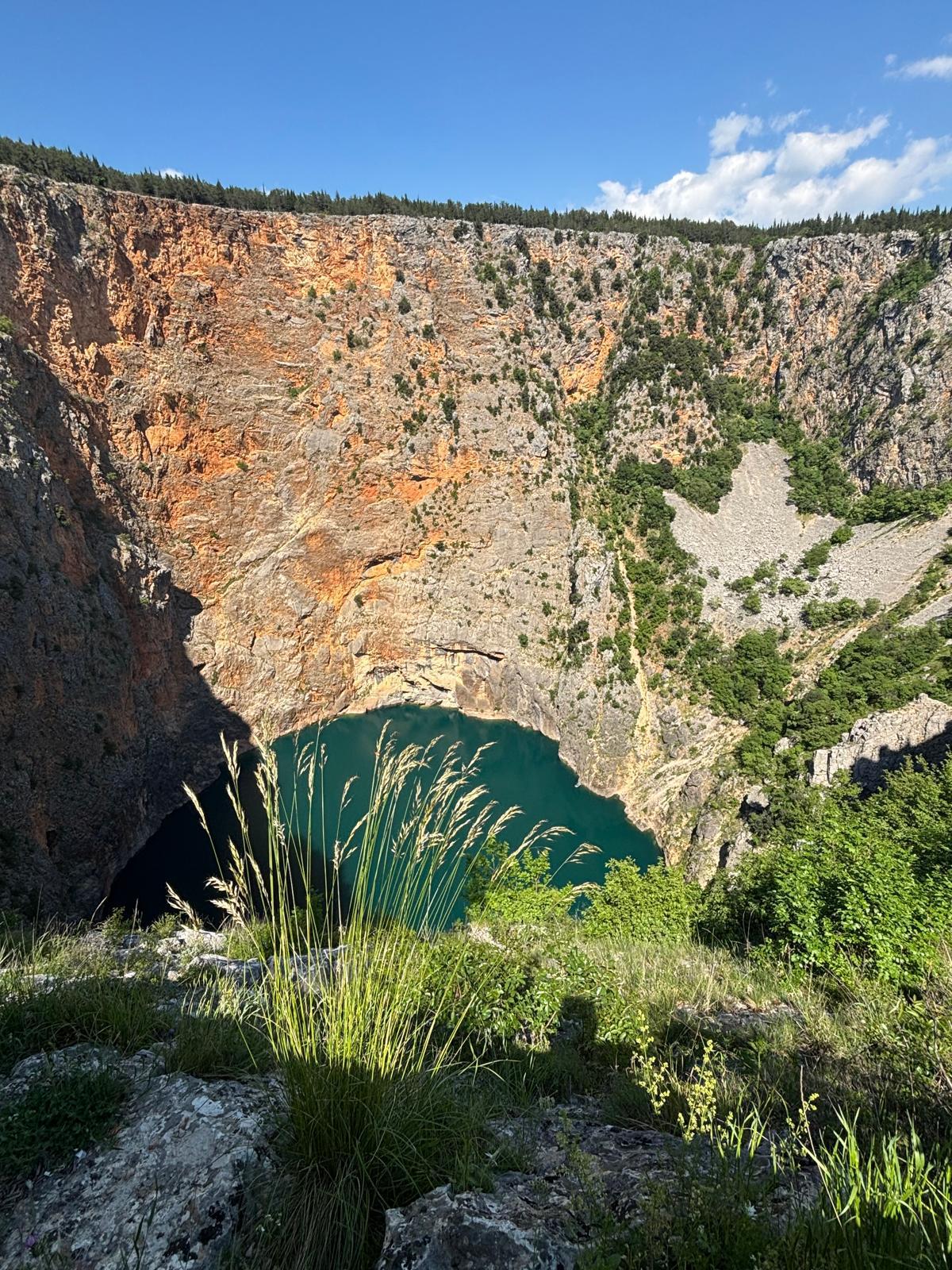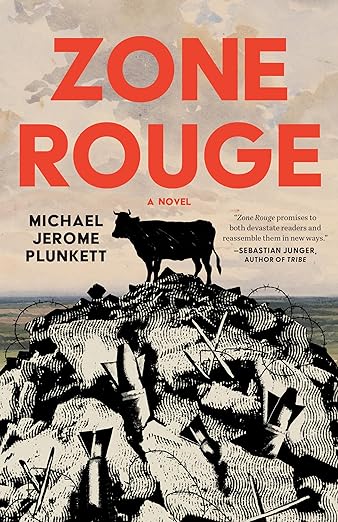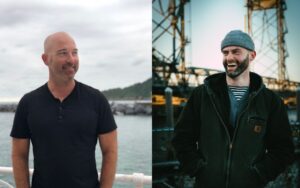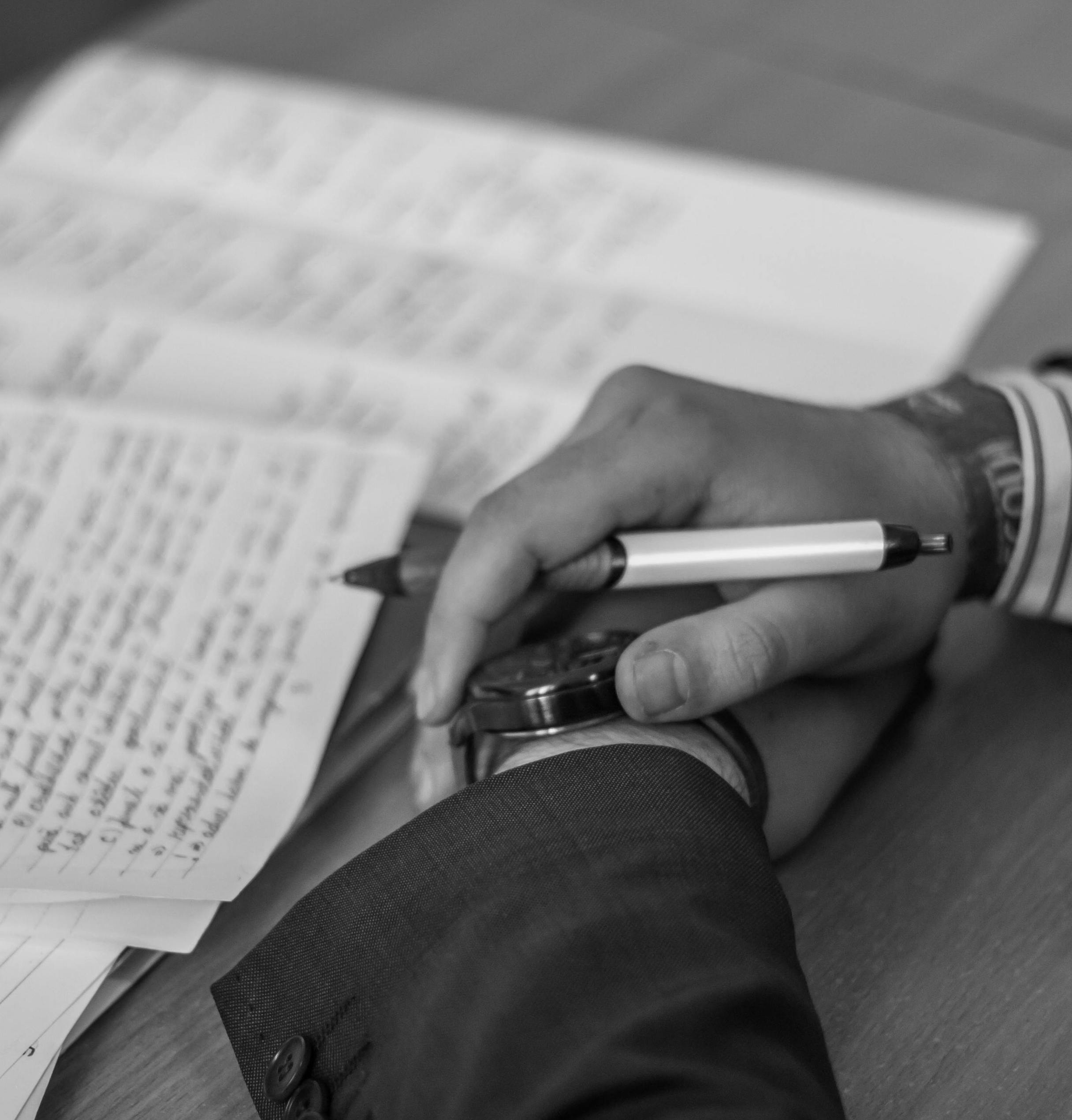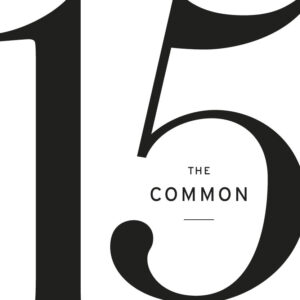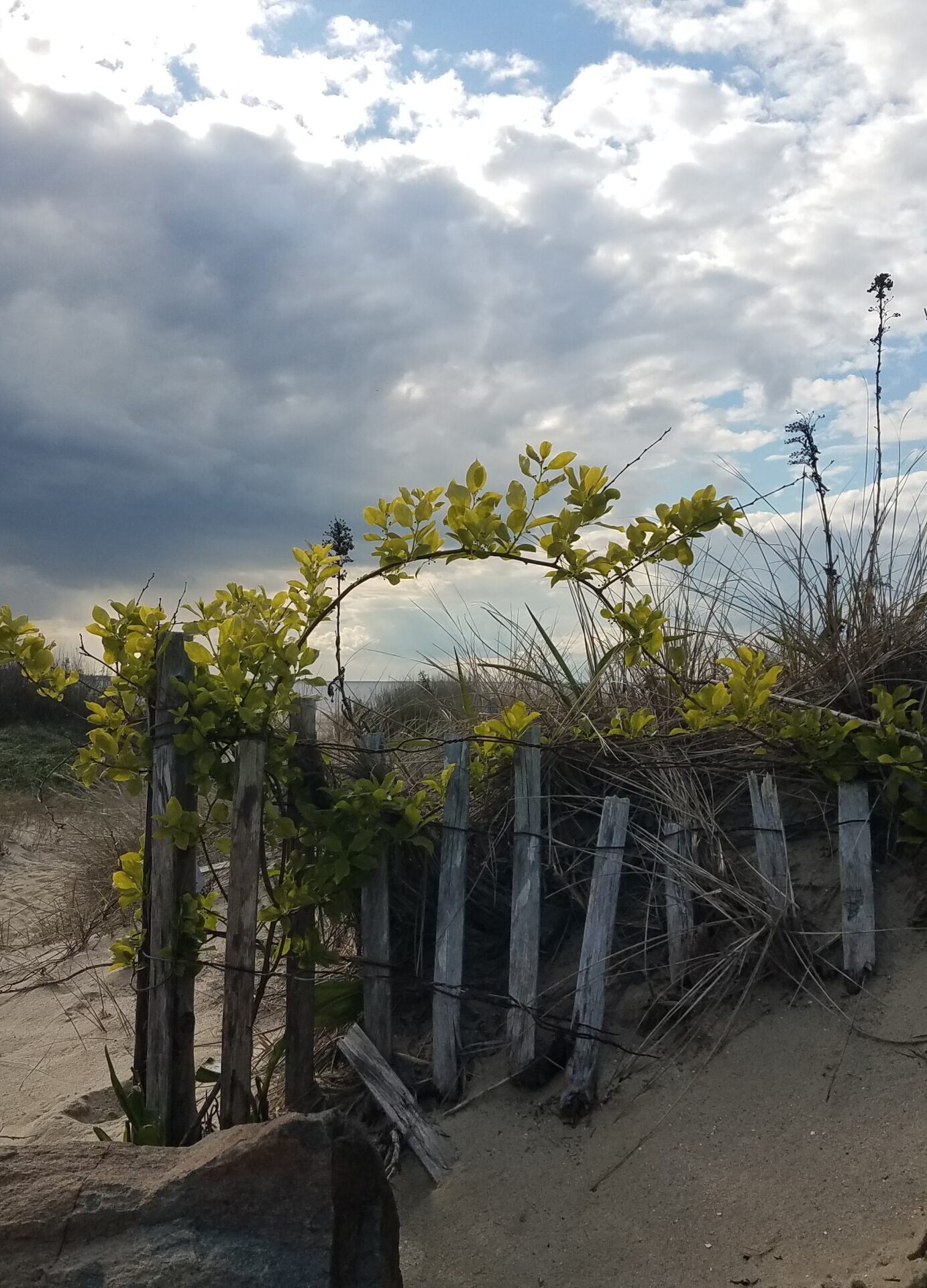The Reading Life is a special 15th-anniversary essay series reflecting on close reading and re-reading, written by The Common’s Editorial Board.
“Always do what you are afraid to do.”
―Ralph Waldo Emerson
In a letter of February 20, 1997, to a humorist, Oliver Sacks says that one of his favorite words is APOCOPE. “I love its sound, its explosiveness (as do some of my Tourettic friends—for whom it becomes a 4-syllable verbal tic which can be impacted or imploded into a tenth of a second) and the fact that it compresses 4 vowels and 4 syllables into a mere seven letters.” This is the type of response I adore: succinct, passionate, informed, all around a single, transient word. The quote appears in Dr. Sacks’ Letters (Knopf, 2024, 726 pages), edited by his long-time assistant and researcher Kate Edgar. Notice the length of the volume: it is massive, even though, as Edgar mentions, it only comprises about a tenth of all of the letters Dr. Sacks wrote; he was an inveterate, compulsive logophile who wrote nonstop on napkins, pads, notebooks, and anything else within reach. (W. H. Auden, an early champion and long-time friend of Sacks, addressed him in print with the honorific “Dr.”; I gladly follow it here.)

